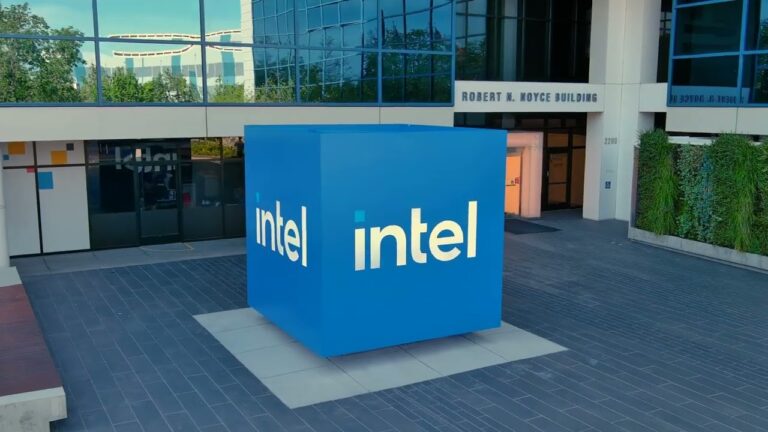Every time one comes out, of course, Google’s AI-fuelled products send people through the familiar cycle: hype followed by public backlash followed by, usually, quick retreat. Case in point came last month, when Google was forced to pull an image-generating feature from its AI chatbot. It appears the company is on the verge of a repeat performance after introducing a feature this week called Google AI Overview—it’s intended to replace regular search results with AI-generated summaries.
The concept behind AI Overview is ambitious. In replacing a hit list, Google attempts to produce a summary of the content for users. Up to now there have been several inaccuracies, some dangerously misleading, which users have identified, and doubts over whether this facility is going to be trustworthy. There is more than a hint around that even this facility will be withdrawn by Google now.
Correcting the Mistakes
Google agrees that in the AI-generated responses, sometimes it can very well make a mistake, but this happens very rarely. It believes that most users do not mind the wrong response to weird questions such as the number of rocks one should eat. It says that it is proactive in monitoring and correcting the nature of the misleading information.
Lara Levin, a Google spokesperson, said in response: “The vast majority of AI Overviews provide accurate information with helpful links to learn more. Many of the examples we’ve seen posted online are either rare edge cases or are being edited. We did do some extensive quality testing ahead of launch, and we’ve welcomed the examples being surfaced. We’re moving quickly to address under our content policies and taking learnings from this to make even broader improvements to our systems.”
Despite these assurances, the recurrent pattern of public backlash and the need for damage control raise questions about the future of Google’s AI-generated content. Such errors, if they ever come into the limelight and become general user knowledge and not that of the technology critics alone, could hurt faith in Google search results.

What’s At Stake for Google’s Core Business
Most of this $2 trillion value comes from the part associated with its search engine and related advertisements. To lose trust in its search results will come with heavy consequences. It used to be that Google simply pointed to external sites; now it alone assumes responsibility for its answers. This means that the quality and reliability of its AI-generated content is of prime importance.
Off the record, Google’s employees insist that the current troubles are nothing compared to some of the scandals that have dogged the company in recent years, not least the ‘woke Google’ flap over image generation. No wonder: The very nature of this AI system is such that it can never hope to be anything close to perfect, given the kind of intrinsically imperfect online content upon which it is based.
Ai-generated Competition and the Race for AI Dominance
This is further coupled with the competition that is currently very rife, particularly with OpenAI and ChatGPT. The argument then goes that this rivalry keeps Google on its feet in a race to outdo the rest even at the risk of missteps. An audience habituated to ChatGPT will always turn to it for AI-generated responses, favoring Google’s threat over retaining leadership in search.
Google is now strategically pivoting to AI-generated answers and hanging on to its lead in the competitive landscape of search results. But it recently had hiccups in the public perception of making errors, as that underlines the danger in such a decision. General sentiment is that Google’s integration with AI was done impetuously and is almost impossible to turn around now.

Microsoft’s Expansion of AI: A New Frontier
In parallel, Microsoft is beefing up its AI capabilities across the product suite, including LinkedIn. Sources tell me this will be the first AI resource to be substantially allocated to developing a LinkedIn Copilot. It’s all part of a tactic in which Microsoft is bulking up areas like email summarization and cybersecurity analysis with AI—now maybe LinkedIn.
This means radical improvements, an in-house planning document that gravely suggests a generational leap in how AI would support professional networking, hiring, and selling. This step also supports Microsoft’s belief that it is embedding AI to the hilt of the company system and utilizing data from LinkedIn to develop robust AI based capabilities.
AI-generated Content In Search
Making AI in Search More Human What is further extrapolated from this news, about the way AI will be established, is the improvement in the role of AI in everyday applications. Both Google and Microsoft have leading positions with individual challenges and opportunities. For Google, how it manages the degrees of AI-generated content will remain a key criterion for maintaining user trust. The integration of AI into all products would be a major step for Microsoft in redefining professional interactions and productivity.




+ There are no comments
Add yours